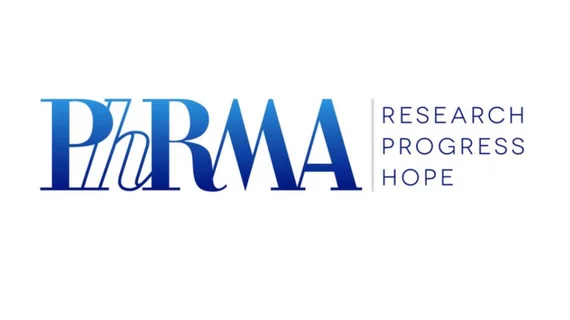PhRMA opposed to parts of Trump’s drug pricing plan
The drug industry’s biggest lobbying group indicated it will fight the Trump administration on parts of the president’s proposals to lower pharmaceutical prices, claiming the end result will be reduced access to drugs for some patients.
Lori Reilly, executive vice president of the Pharmaceutical Research and Manufacturers of America (PhRMA), spoke at a panel hosted by the Alliance for Health Policy on May 15, saying the group had “serious concerns” with the plan. Among the proposals she opposed were moving drugs from Medicare Part B into Part D and allowing more negotiation in the “protected classes” of Part D.
She did agree that some change needs to occur, such as moving toward value-based drug pricing.
“I read his comments to say that things are changing,” she said, according to The Hill. “We understand that is going to happen. I think our concern is change in the right places.”
Other healthcare groups, including those representing pharmacy benefit managers, had been largely supportive of the plan. PhRMA’s opposition strikes a sharp contrast with the claims from Democrats and consumer advocates that the drug industry got off easy in Trump’s plan—the group Public Citizen called it a “sweetheart deal” for pharma.
Read more at the link below:

